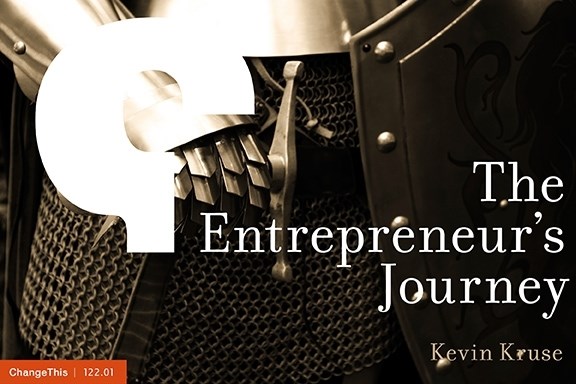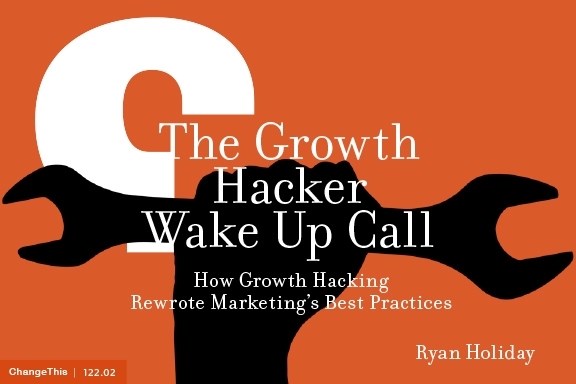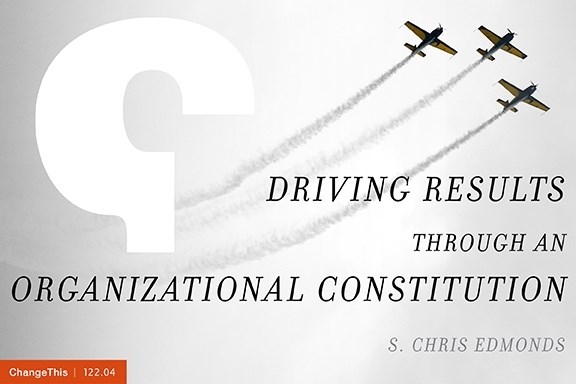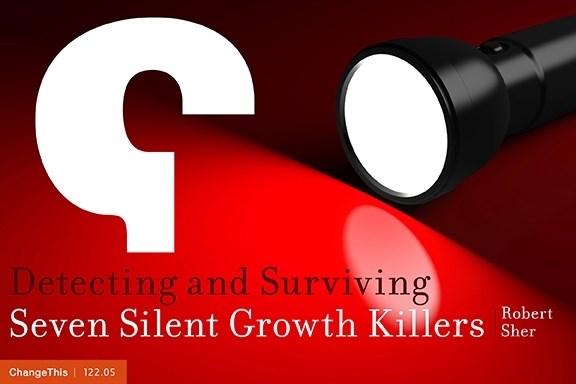ChangeThis RSS
"My call to entrepreneurship happened in an unusual manner, when I was just 12 years old. A mysterious one-armed man approached me and set me off on a journey that would eventually include the launch of several companies—some successful, some not.
This manifesto both celebrates and encourages entrepreneurship because we need entrepreneurs to fight the dragons that roam the globe. Yes, dragons. They sit in plain sight: civil wars, extreme poverty, disease, water scarcity, domestic violence, illiteracy, and so many others.
While the work of relief agencies and social welfare groups is vital—especially in response to acute crises—for lasting change we need modern-day heroes who courageously take personal risks as they build new companies."
Continue reading
"The term 'growth hacker' has many different meanings for different people, here's my definition:
A growth hacker is someone who has thrown out the playbook of traditional marketing and replaced it with only what is testable, trackable, and scalable. Their tools are emails, pay-per-click ads, blogs, and platform APIs instead of commercials, publicity, and money. While their marketing brethren chase vague notions like "branding" and "mind share," growth hackers relentlessly pursue users and growth—and when they do it right, those users beget more users, who beget more users. They are the inventors, operators, and mechanics of their own self-sustaining and self-propagating growth machine that can take a startup from nothing to something."
Continue reading
"The best leaders make us feel unsure of ourselves.
They help us recognize that what we think is true, is not. Their reflections make us stop and think. Then their questions break down our frames. They create these disruptions with courage, care, respect, and a firm belief in our highest potential. Although we are uncomfortable, this moment of uncertainty allows us to formulate a broader view of what we can do and who we can be. These leaders strengthen people as well as organizations."
Continue reading
"Today, people spend more time at work than with their best friends or family members. When their workplace is an inspiring, respectful, creative place to be, people engage deeply, serve customers effectively, and produce quality goods and services consistently.
The problem? Most leaders put greater thought into their organization's products and services than they do its culture. Yet culture drives everything that happens in an organization each day."
Continue reading
"Unlike dry spells in innovation, quality defects and mistakes made in entering new markets, many of the problems that midsized companies must deal with are not obvious. These problems grow out-of-sight in the dark recesses of the midsized organization, unrecognized by management in their daily routines until they emerge as full-blown crises that can threaten the present and future of the business. I refer to these special afflictions of midsized companies—seven in all—as silent growth killers.
These silent growth killers sneak up on leaders at midsized companies just as high blood pressure and high cholesterol can creep up on us, often unnoticed, and later cause massive complications. Just as those medical conditions, untreated, can lead to an early demise, executives who fail to prevent or address these silent growth killers may see their businesses collapse in a dysfunctional heap."
Continue reading











